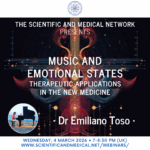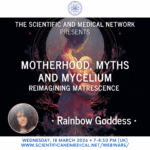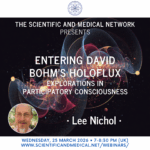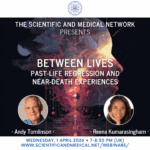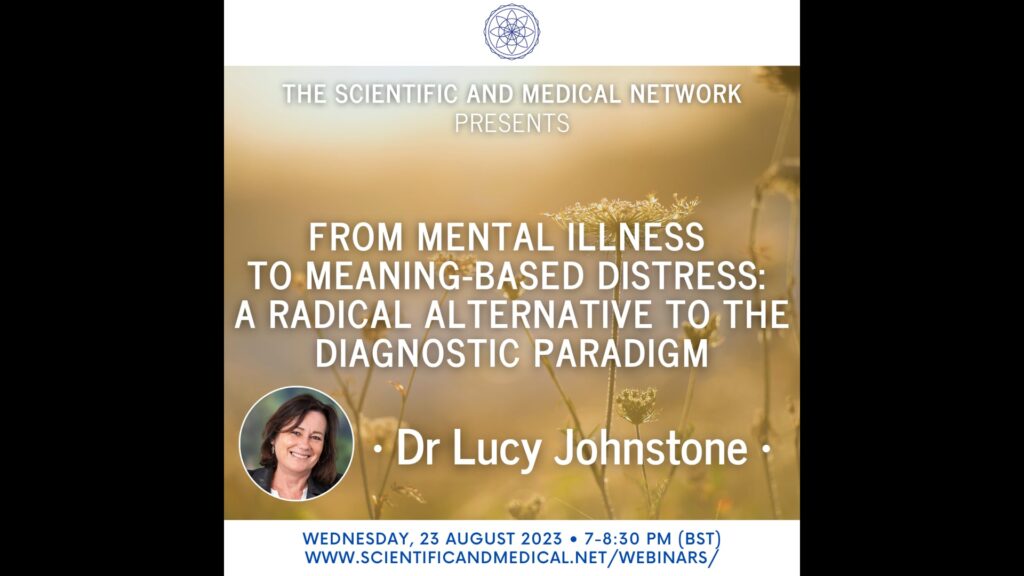
Lucy Johnstone – From Mental Illness to Meaning-Based Distress. 23 August 2023
An individual’s subjective reality is their reality. When this reality is one of emotional distress, the Framework proposed by Lucy Johnstone and her colleagues aims to understand a person’s lived experience, not as a medicalised label, but in terms of what has happened to them, how their experience is threatening ‘their world’, their emotional responses to, and understanding (meaning-making) of what has happened to them, and their survival response. The Power, Threat, Meaning Framework (PTMF) is a conceptual alternative to the medical diagnostic labels that dominate mental health through the Diagnostic and Statistical Manual of Mental Disorders, currently the DSM V. It is a significant step towards a much-needed understanding of an individual’s distress as embedded within their own psycho-bio-social-spiritual context. It moves away from generalised mental ‘disorder’ or mental ‘illness’ and reaches out to gain greater insights into what lies behind a person’s suffering in the context of a broader environment.
One example that may be of significance to SMN members, and Dr Johnstone made mention of the Framework’s inclusivity of spiritual emergencies, is the near-death experience. An experience that can be readily defined by the DSM V as a psychotic episode is described by many actual experiencers, subjectively of course, as the most profound, meaningful and transformative experience of their life. The changes to their psycho-social-bio-spiritual paradigm moving forward are significant and long-term. The Framework would assess this type of experience through focusing on the meaning of the experience for the experiencer, rather than seeking a diagnostic label. This new approach to diagnosis has the potential to offer an open and inclusive assessment platform for exceptional human experiences, from where real integration and growth can evolve.
To conclude, with yet another example, in March 2022 the DSM V pathologised bereavement through the classification of prolonged grief disorder as a ‘mental disorder’. The PTMF illustrates how such a classification suggests a total lack of understanding of the power of loving relationships, the threat such a loss can bring, the depth of emotional response to this loss – a depth of meaning that has no expiration date, and that every bereaved person is simply doing their best to survive. Responses to grief vary and are dependent on, for example, characterological traits; the availability of meaningful support; individual, familial and cultural norms; and previous trauma and loss. An individual’s emotional and behavioural responses, as with those who are grieving, are always embedded in a far broader context - a context that the PTMF as a diagnostic tool is willing to explore.
Report by Elaine Finkelstein
Please log in or become a member to gain access.



